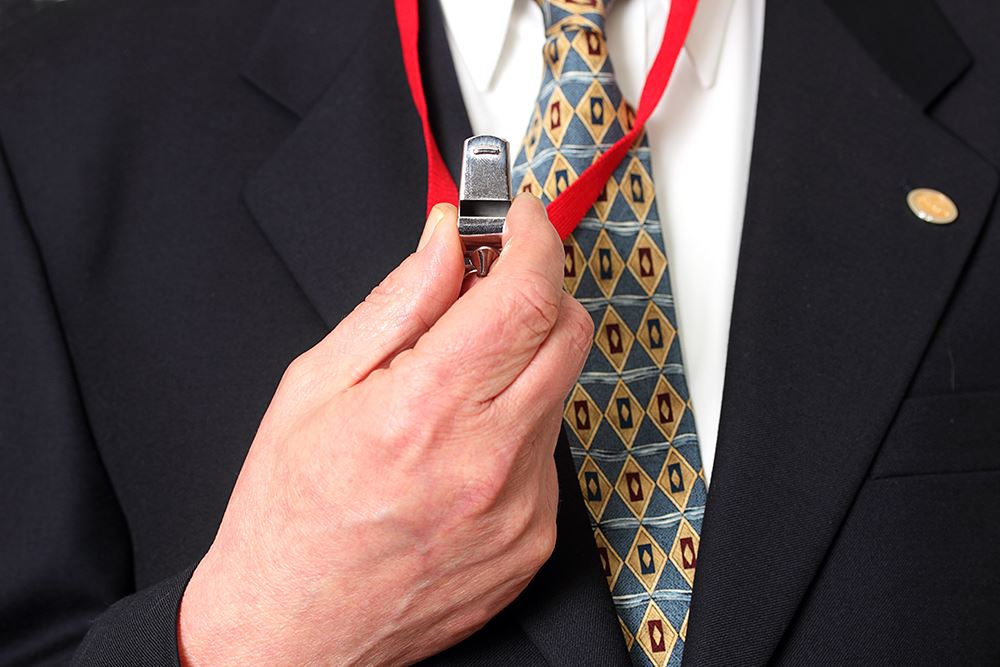Some restaurants tack a “mandatory service charge” on to bills for large tables of diners, private parties, or catered events. Under federal and California law, this isn’t considered a tip.
Even if the customer thinks that money is going to you and doesn’t leave anything extra on the table, your employer can keep any money designated as a “service charge.”
The law generally considers this part of the contract between the patron and the establishment, not a voluntary acknowledgment of good service by an employee. Many employers give at least part of these service charges to employees, but that’s the employer’s choice: Employees have no legal right to that money.
If the tips are left by credit card, some states allow employers to subtract credit card processing fees from the employee’s tips.
The employer would typically subtract a proportionate amount of the tip to cover the employee’s “share” of the fee. For example, if the credit card company charges a 3% fee, the employer could legally reduce the employee’s tip by 3% as well. However, California doesn’t follow this rule.
Under California law, the employer has to give the employee the full tip left by the customer and pay the entire credit card processing fee itself.
David Payab, Esq. from The Law Offices of Payab & Associates can be reached @ (818) 918-5522 or online.

































